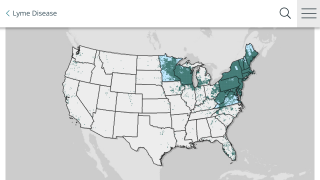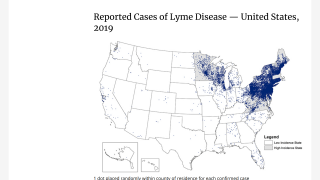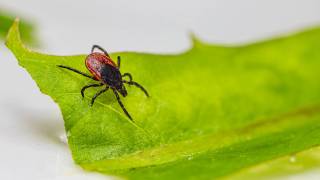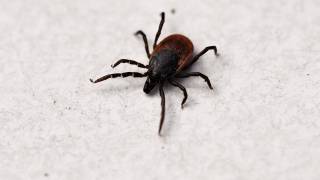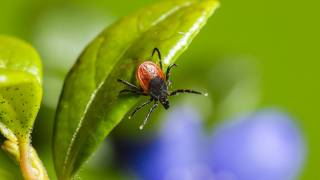Coconut Oil vs DEET
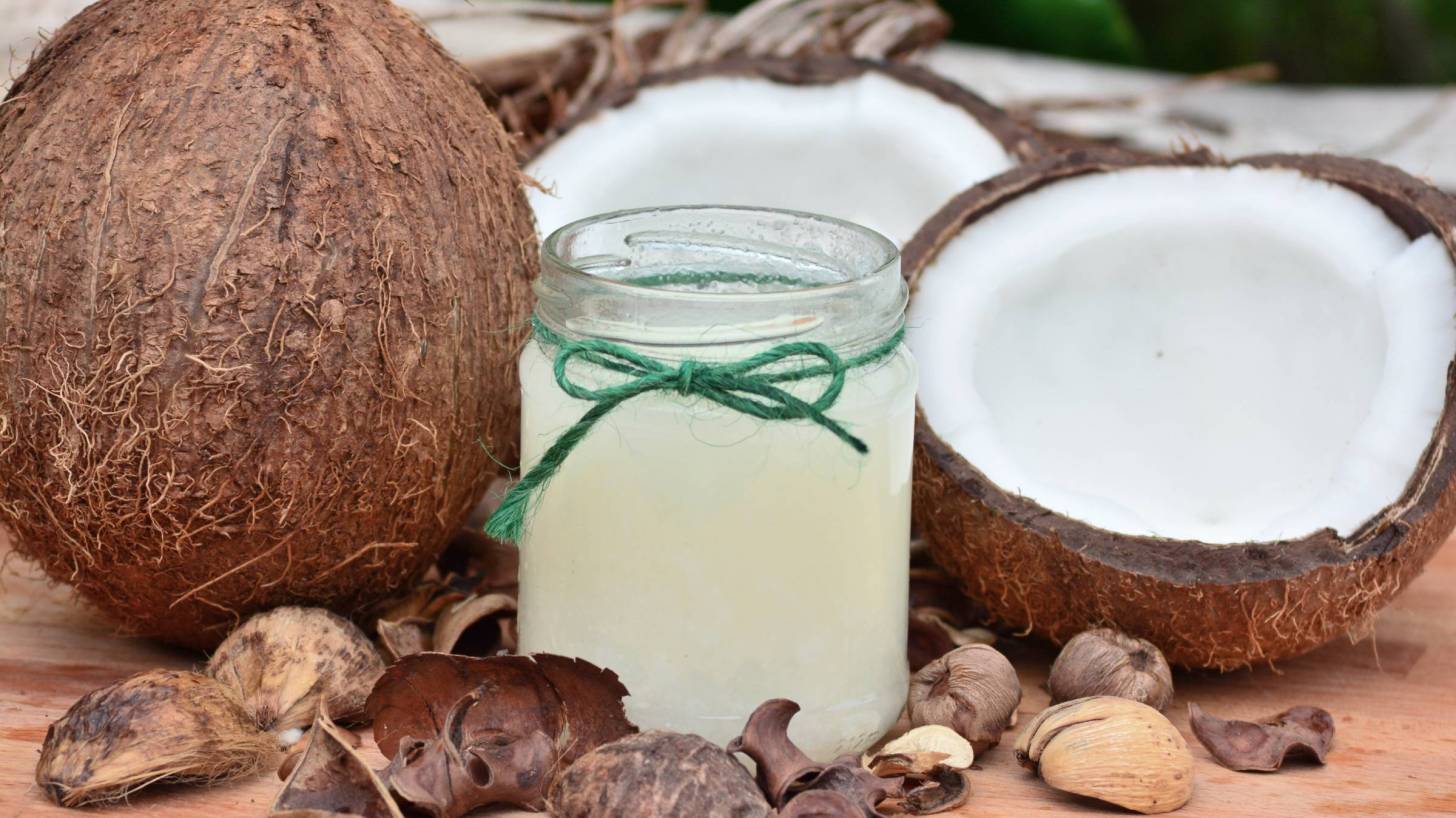
It is well-known by beach-goers, picnickers, and hikers that insect bites are a constant nuance and a pain to deal with.
And, insect bites can cause infectious or inflammatory responses.
The use of repellents has become one of the most efficient ways to prevent disease transmission and the discomfort associated with insect bites.
DEET (N, N-Diethyl-meta-toluamide) was developed in 1944, is considered by many as the gold standard of insect repellents.
Although DEET has been the most extensively used personal arthropod repellent for over 6 decades, it has been frequently associated with health issues, particularly for infants and pregnant women.
In contrast, natural products have been used as insect repellents for at least 2 millennia in China, Egypt, and India.
Among them, citronella oil was the first successful plant-based insect repellent, but its effectiveness is relatively short.
In recent years, hundreds of studies reporting thousands of plant-derived materials exhibiting repellent and insecticidal properties have been published.
However, nearly all plant-based repellents derived from plant essential oils have limited residual value, less than 2 to 4 hours, primarily due to their high volatility.
To better understand current options, a new USDA-led study found that compounds derived from coconut oil matched or outperformed DEET in repelling biting insects, such as mosquitoes, flies, bed bugs and ticks.
These researchers tested fatty acids derived from coconut oil against these insects and reported that it strongly repelled flies and bed bugs better than DEET.
Additionally, their tests showed no significant difference between coconut fatty acids and DEETS in repelling the lone star tick.
And most importantly, these tests found fatty acids matched DEET in repelling the mosquitoes known to transmit yellow fever, malaria, and Zika viruses.
Moreover, the Generally Recognized as Safe (GRAS) status of these fatty acids should be easily accepted by public health professionals as preventative measures in battling mosquitoes, ticks and bed bugs.
In conclusion, these researchers said ‘this study showed that fatty acids derived from coconut oil present stronger repellency against several blood-sucking insects, compared to the most commonly used DEET products.’
Our Trust Standards: Medical Advisory Committee


